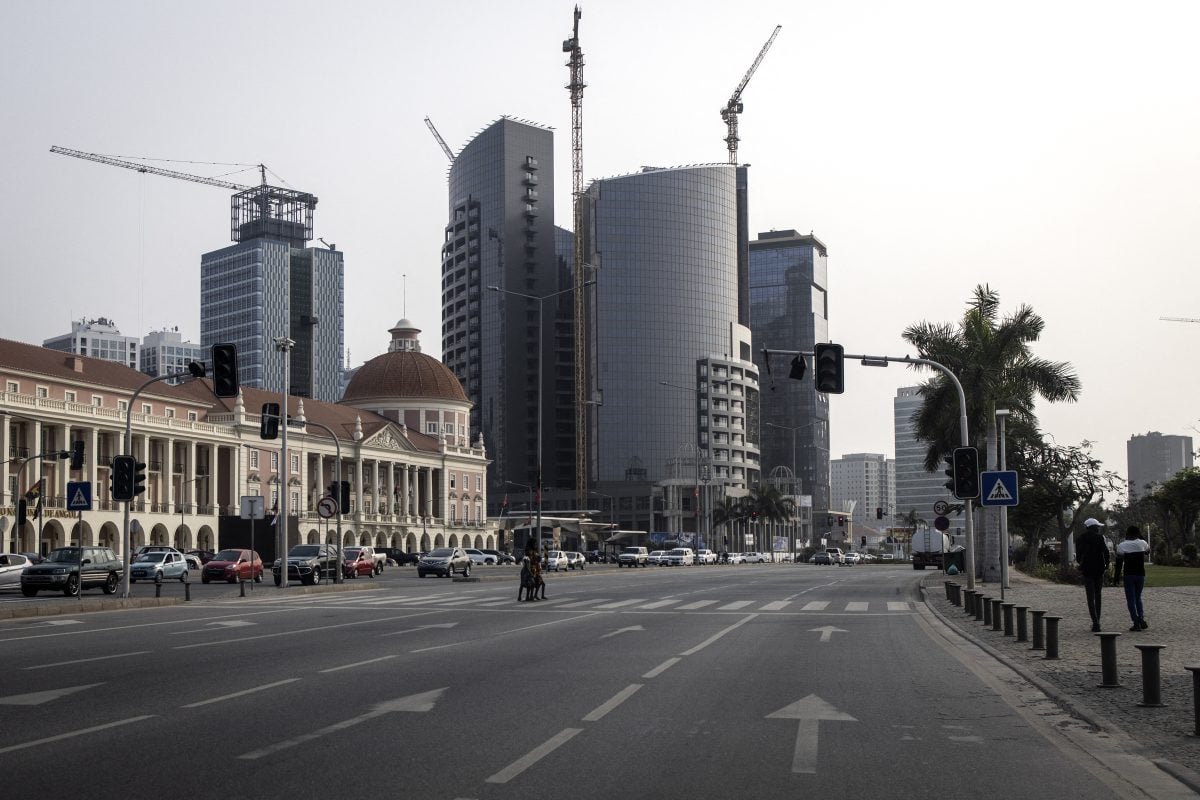The United States of America’s commercial strategy in Africa is evolving in line with the needs of its business community, according to Troy Fitrell, a senior bureau official at the Bureau of African Affairs in the US Department of State.
Fitrell, who was speaking at the opening ceremony of the 2025 US-Africa Business Summit in Luanda, Angola, said markets and economies are vastly different from how they were 25 years ago and thus required a different approach from governments and businesses.
The US government, Fitrell pointed, is now focused on commercial diplomacy, with its representatives firmly instructed to engage with the African private sector.
“Our embassies work for you, the private sector. We have changed the incentive structure and our ambassadors are to be judged by how well they support you [the private sector],” he said, and encouraged African heads of state to question ambassadors who are unable to deliver such opportunities. “They should be offering you opportunities every day,” he stressed.
Noting the opportunities for investments in physical and digital infrastructure in Africa, Fitrell said he embraces the challenge of presenting those opportunities to the 300,000 business-ready American companies who are not presently doing business in Africa.
“We have to make sure they understand what’s available here and bring them to the market as well,” he said, acknowledging that African governments and business people that he has interacted with are committed to reforms to attract US investment.
US government institutions also have to become more nimble and aggressive in pursuing opportunities on the continent, he added. Fitrell expressed confidence in the case for American investment in the continent, underscoring the durability of its products as well as investments in local human capital.
“We are focused on the latest technology and the latest innovations. We invest in our workforces and we provide value over a life cycle,” he argued.
AU Commission chief calls for frank engagement
In his remarks, the new head of the African Union Commission, Mahmoud Ali Youssouf, went straight to the crux of the matter. He called for frank engagement between the United States and Africa, noting that trade between the two regions is not helped by the imposition of travel bans on some African countries as well as the imposition of tariffs in violation of World Trade Organisation rules and other international agreements.
In June, Trump banned citizens from seven African countries from travelling to the United States. Citing risks from terrorism and a recent attack in Boulder, Colorado, as well as the prevalence of visa overstays, Trump justified the exclusion of citizens of Chad, Republic of the Congo, Equatorial Guinea, Eritrea, Libya, Somalia, and Sudan. Partial restrictions have also been imposed on citizens from Burundi, Sierra Leone and Togo.
In April, Trump slapped tariffs on scores of African countries as part of his ‘Liberation Day’ overhaul of US trade relations – with the hardest-hit nations being Lesotho, whose goods will be hit with a tariff of 50%; Madagascar (47%); and Mauritius (40%). Just a few of the other hard hit countries are Botswana (37%); Angola (32%) South Africa (30%); Libya (31%); Algeria (30%); and Tunisia (28%). Those and other tariffs have been reduced to a 10% universal levy for three months pending further negotiations.
Ali Youssouf also called on African countries to embrace reforms and correct policy missteps, arguing that recent developments showed that Africa will need to drive its own development.
“We need to get the fundamentals right. In this [global environment] we know we need to rely on ourselves and invest in domestic transformation and resource mobilisation,” he urged.
Africa needs voice in debt talks
Admassu Tadesse, President and CEO of the Trade and Development Bank Group, observed that rising inflation and financing costs in the wake of the Covid-19 pandemic had forced some African economies into having to restructure their debts. While the process has been supported by African multilateral financial institutions, there have been difficulties in reaching consensus on how to proceed. Specifically, Tadesse said, African MFIs, despite being significant lenders to these countries, have been excluded from debt negotiations, leading to decisions that have adverse consequences for them.
“We do need everybody to get to the table and to face the realities and get the facts out,” he stressed.
The current global financial system, Tadesse said, places undue pressure on African countries and institutions with high capital costs and unjust downgrades, which in turn lead to avoidable defaults.
“Africans don’t want to default; Africans want to continue to access the capital markets,” he said, adding that higher credit costs for African countries, despite having similar risk profiles to others in Asia and Europe, often lead to the situation where African countries default and are shut out of the capital market.
“So you actually fulfil the prophecy where you will default because the conditions that you’re placed under are so hard,” he said.
Tadesse praised the World Bank for its support for African multilaterals including the TDB, which he said enabled it to participate in projects such as Mission 300, an initiative to provide electricity access to 300 million people in Africa by 2030.
Want to continue reading? Subscribe today.
You've read all your free articles for this month! Subscribe now to enjoy full access to our content.
Digital Monthly
£8.00 / month
Receive full unlimited access to our articles, opinions, podcasts and more.
Digital Yearly
£70.00 / year
Our best value offer - save £26 and gain access to all of our digital content for an entire year!

 Sign in with Google
Sign in with Google 



